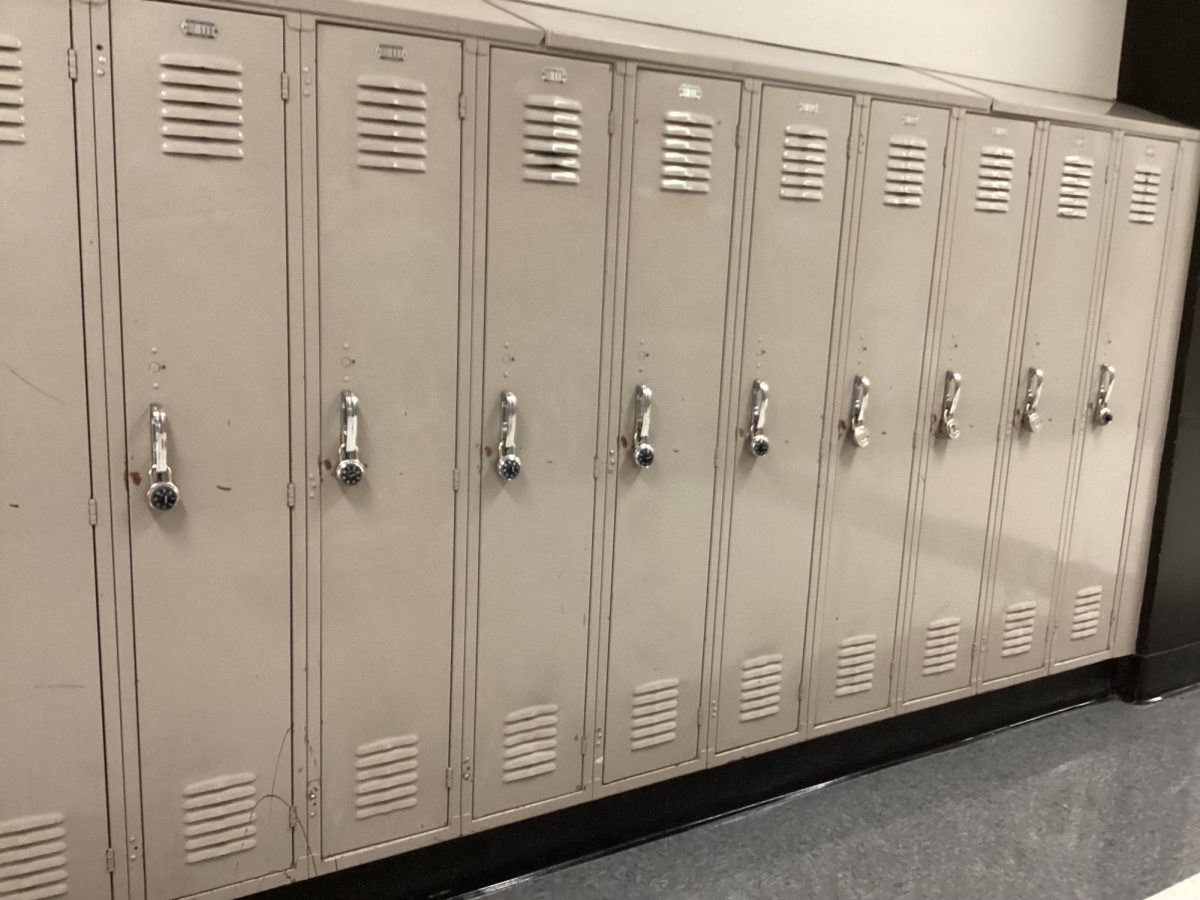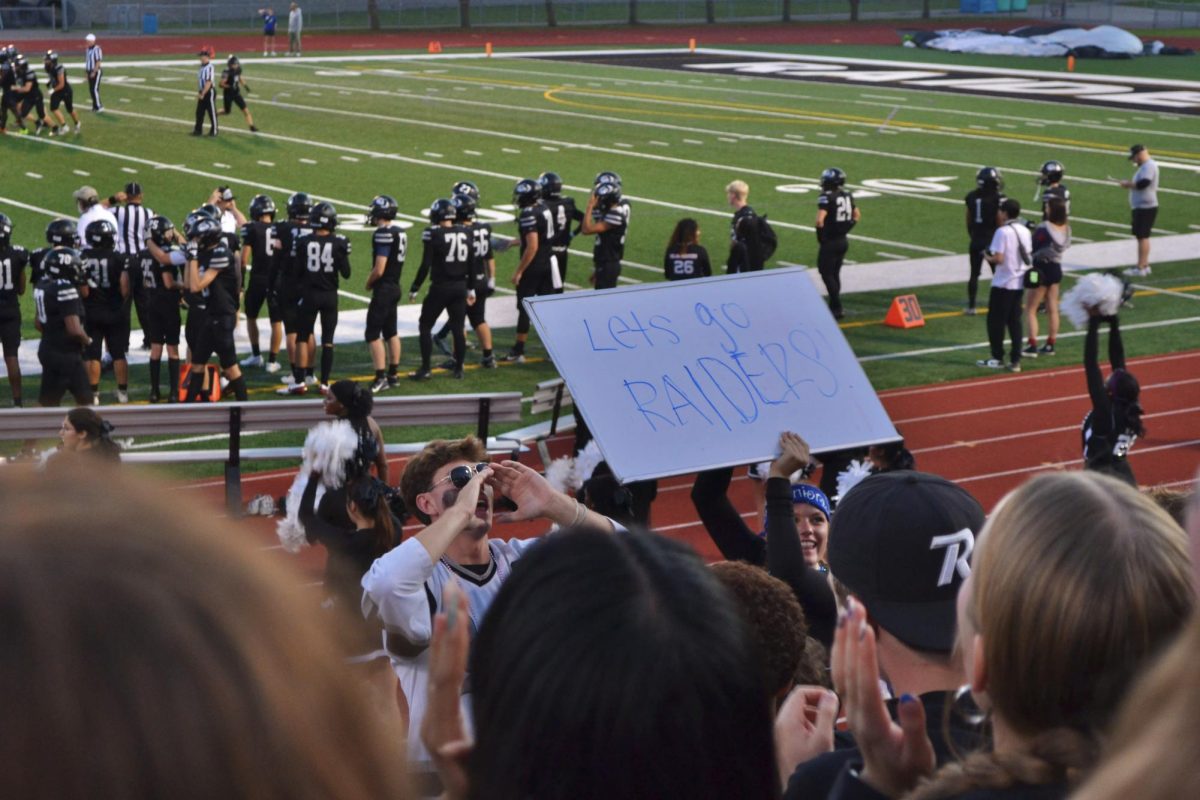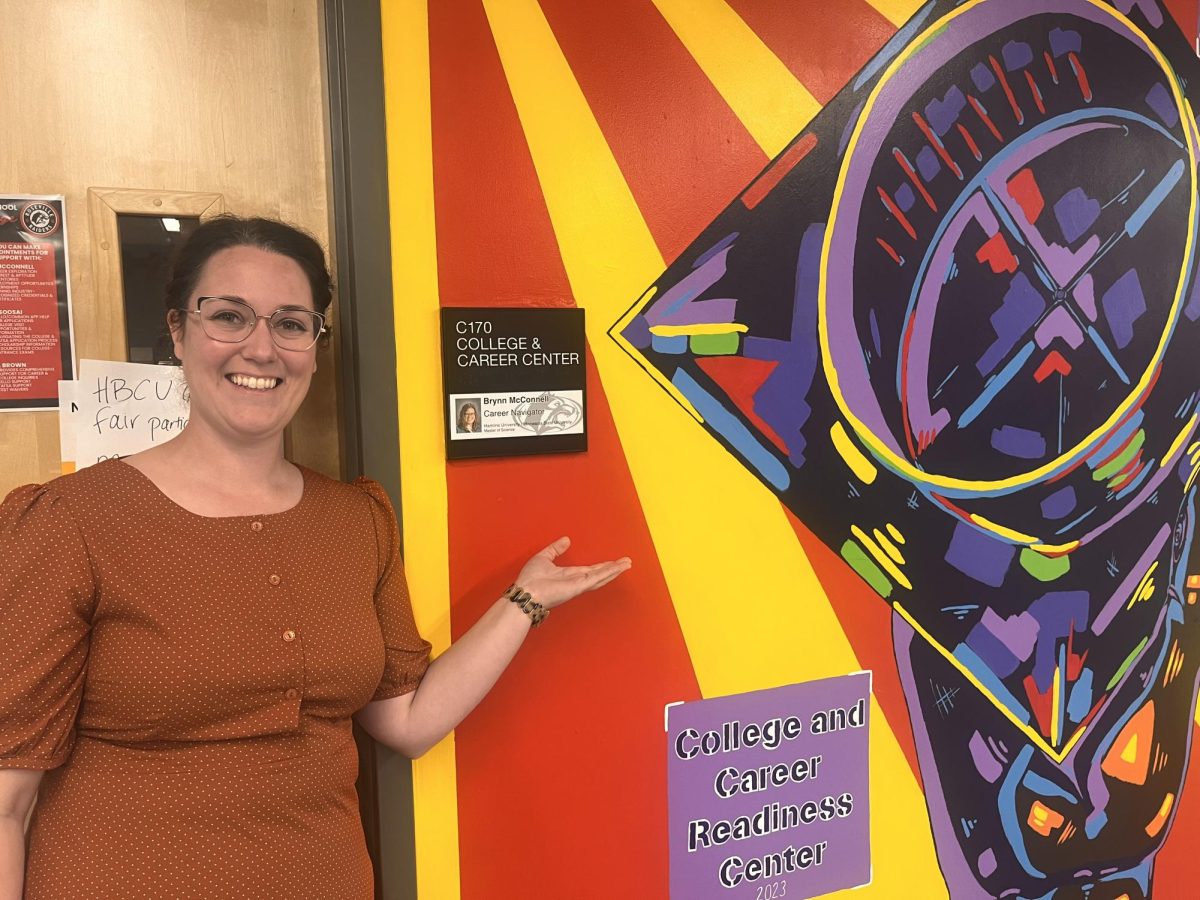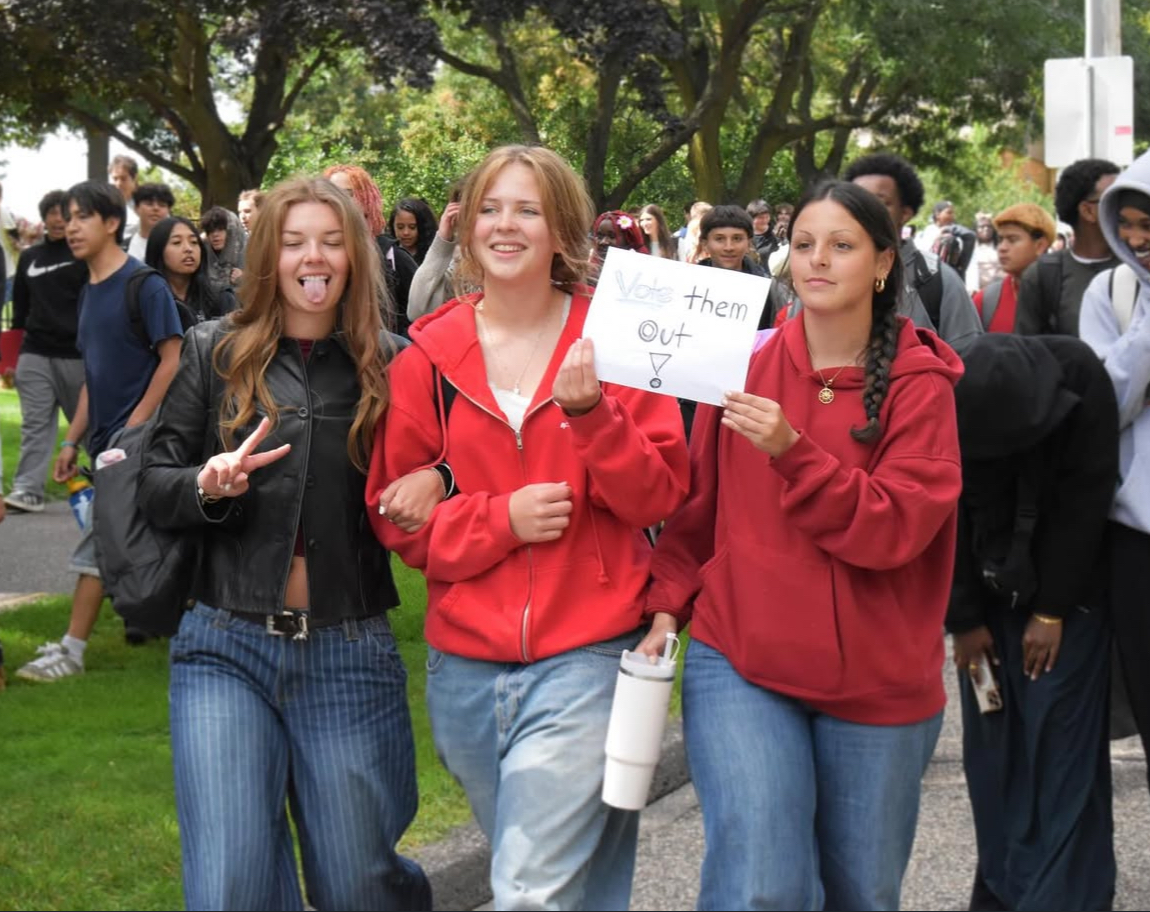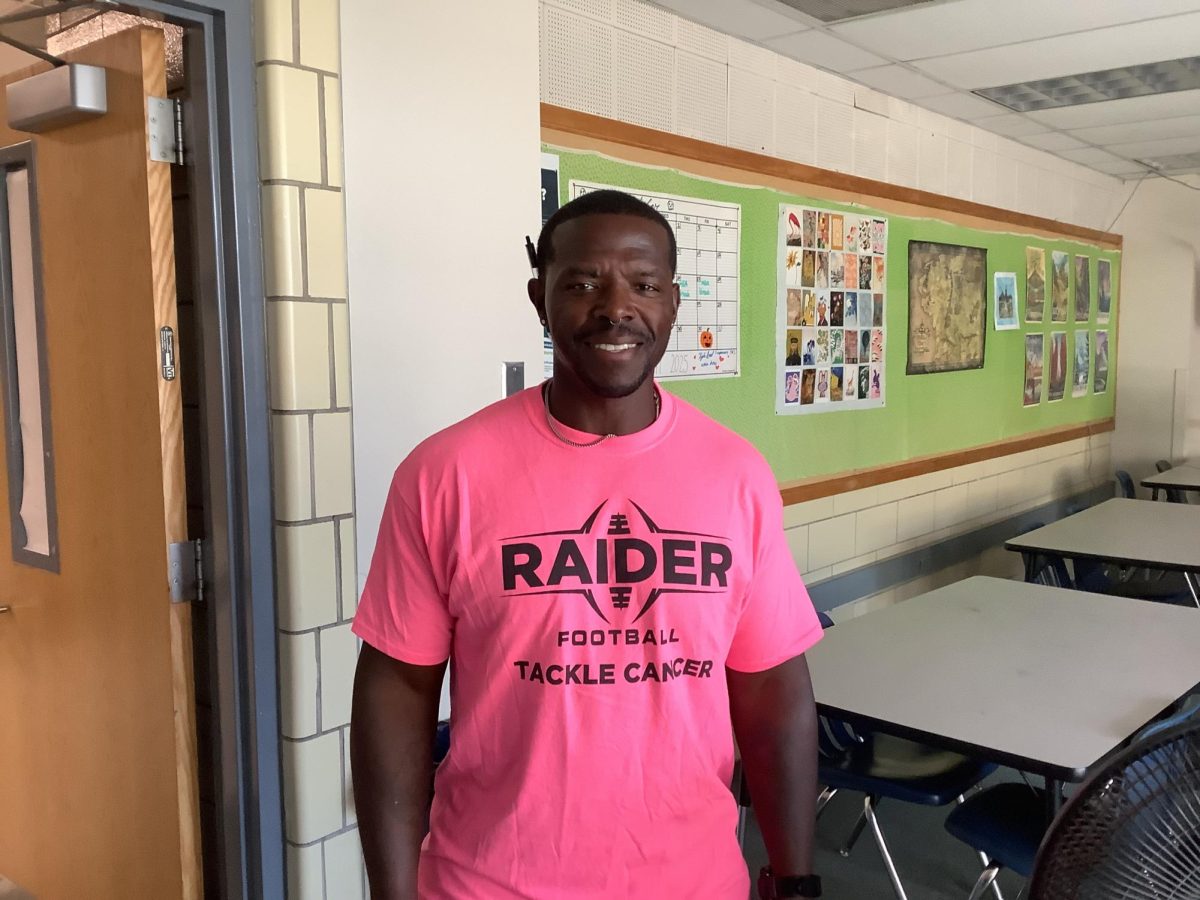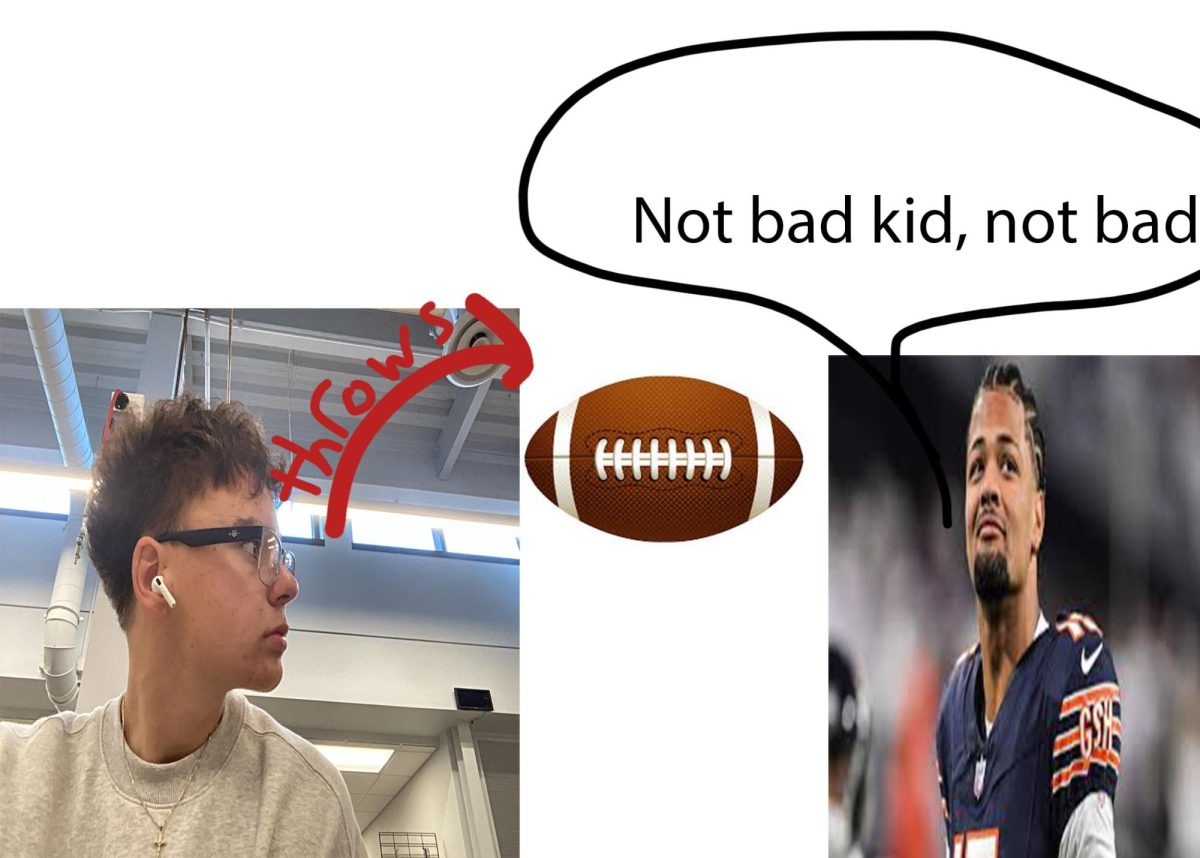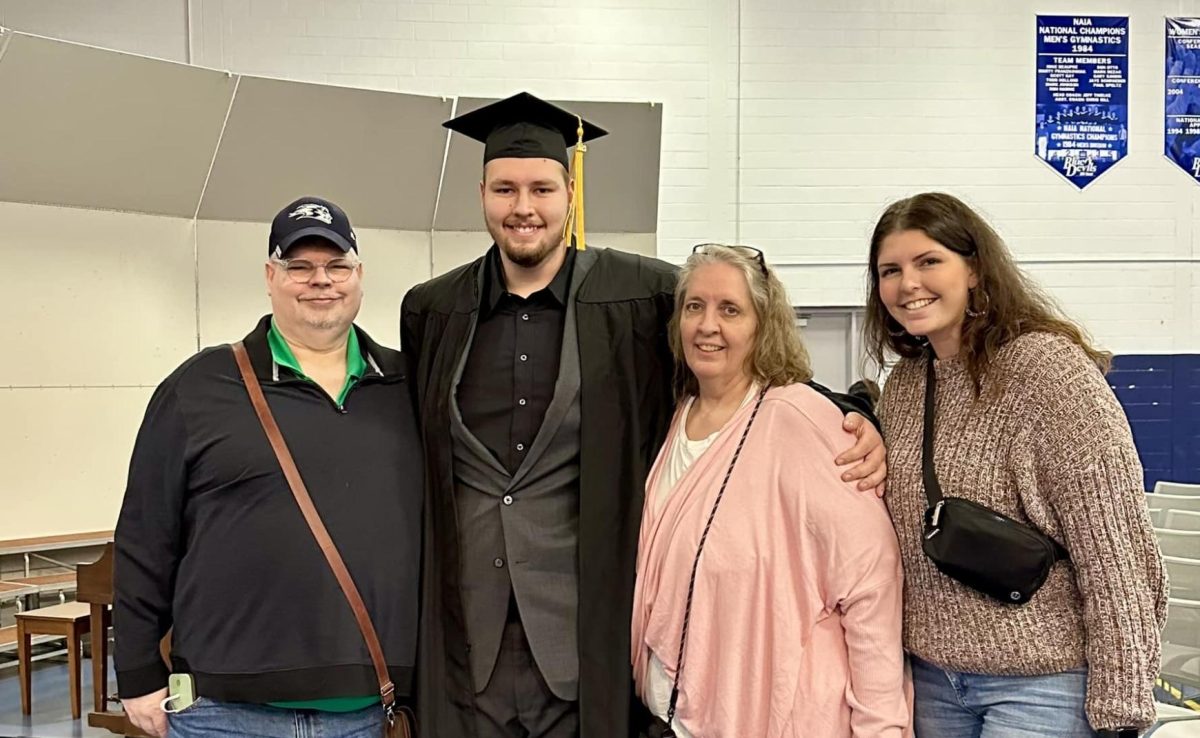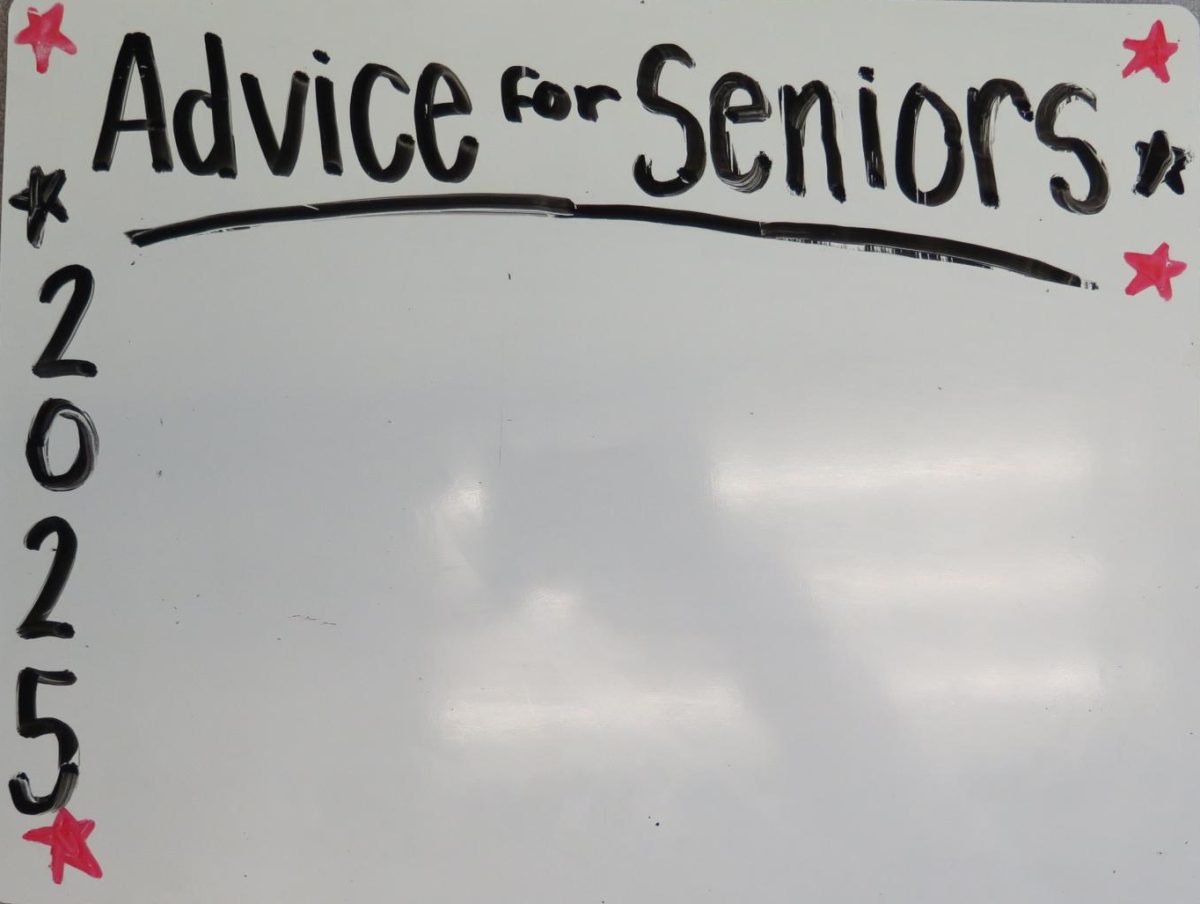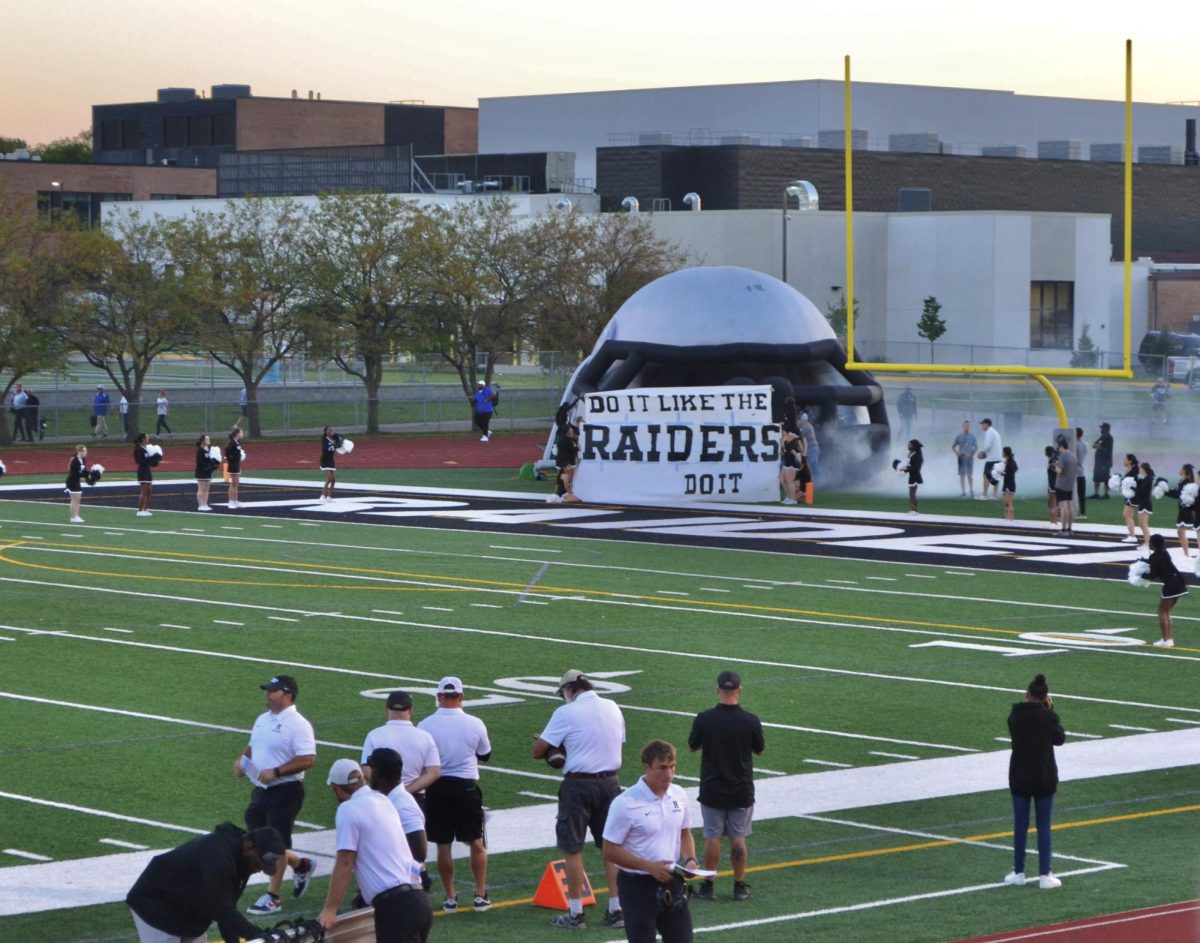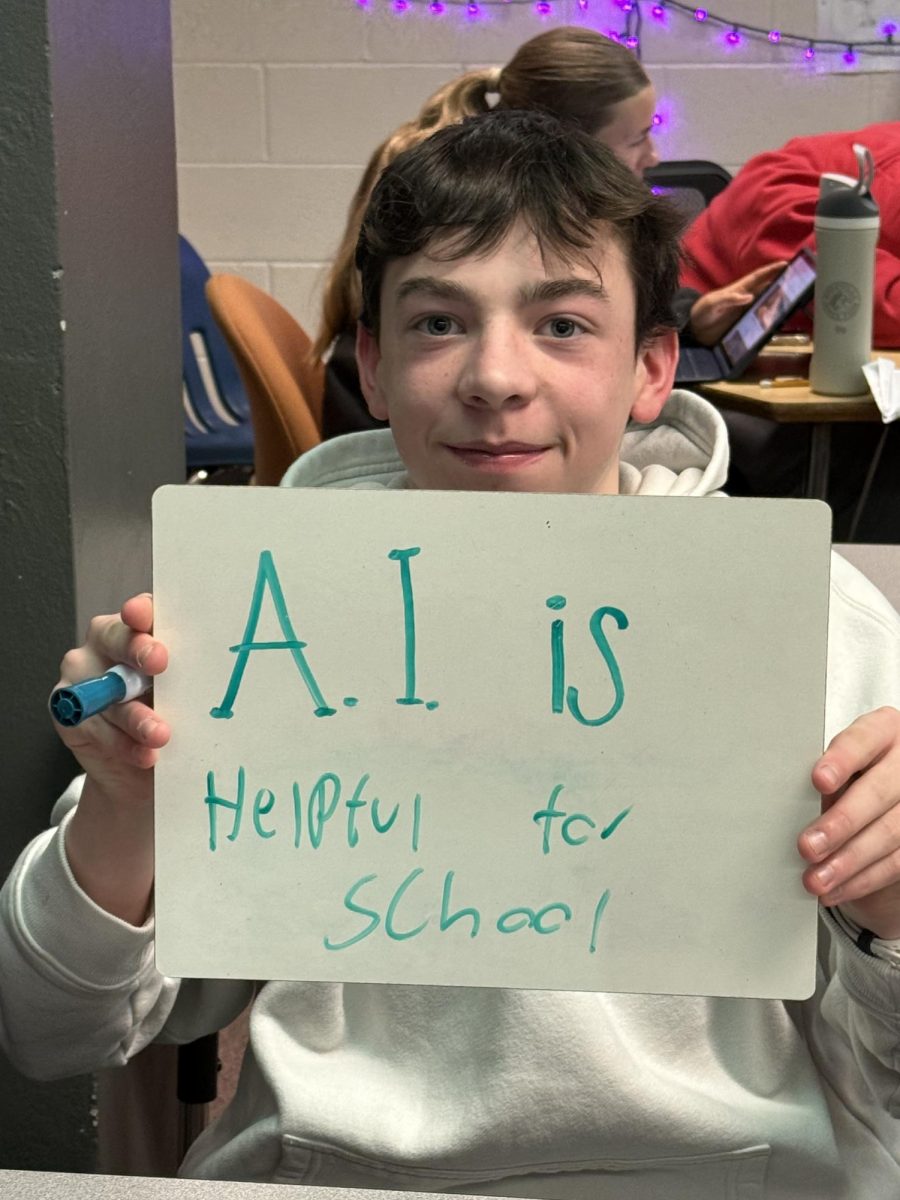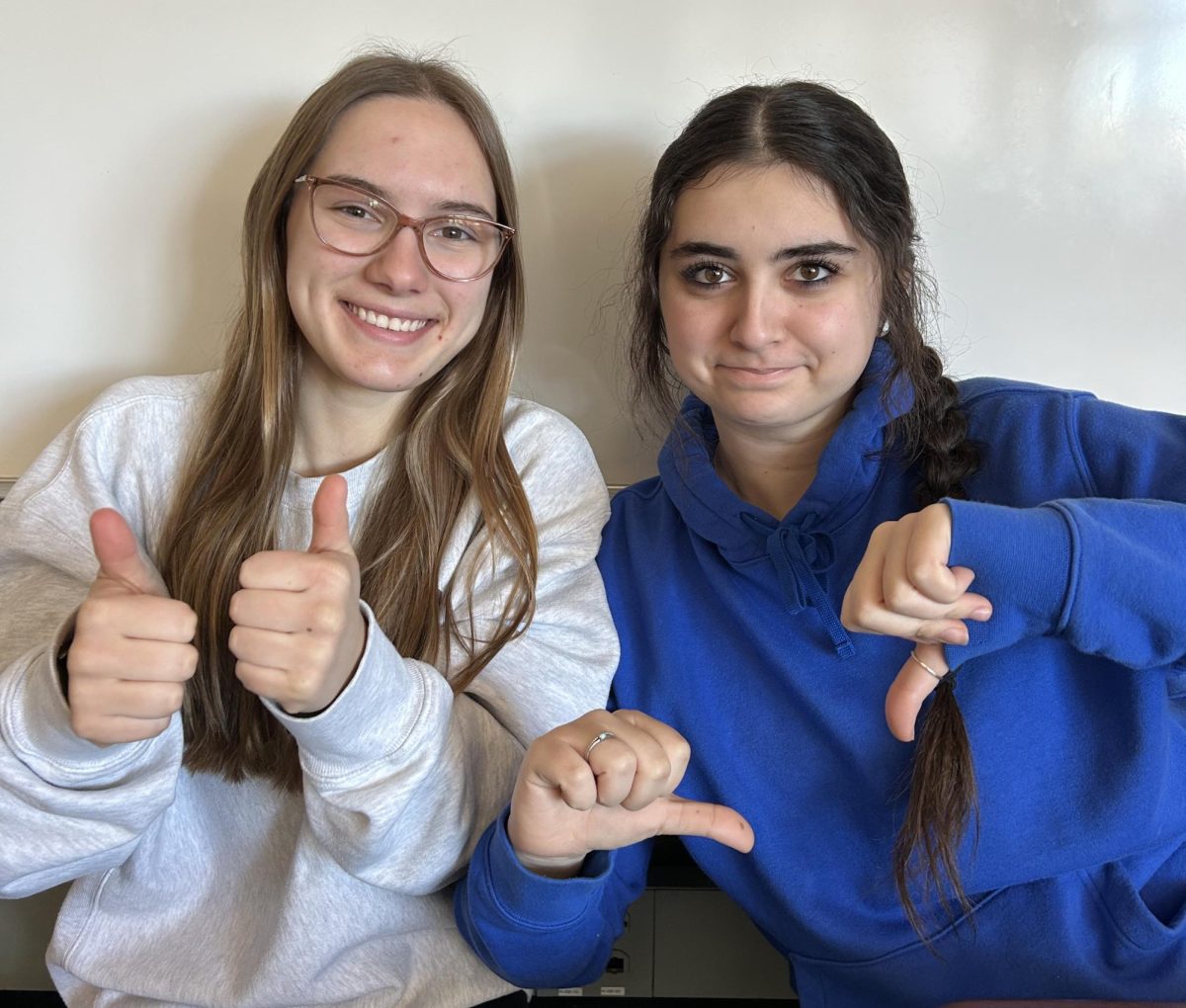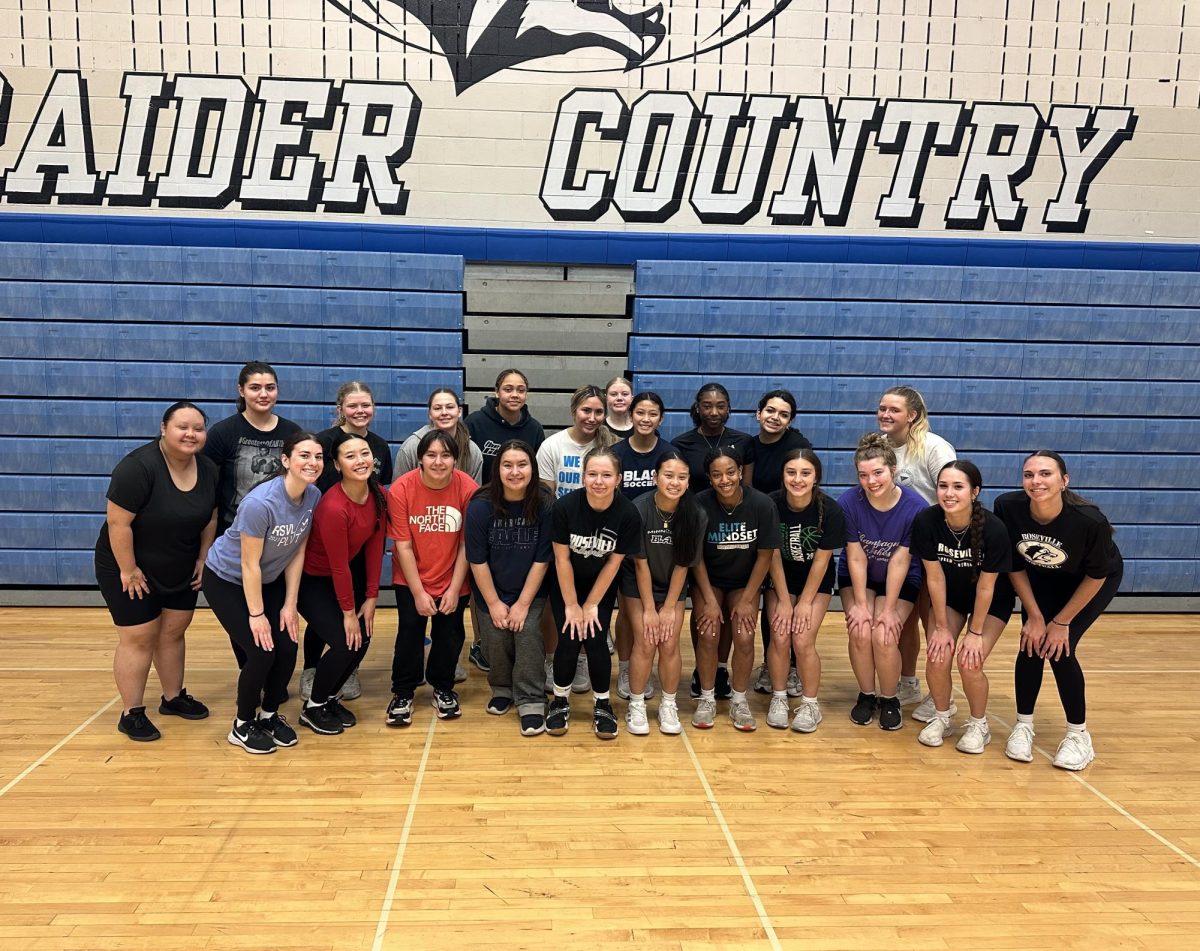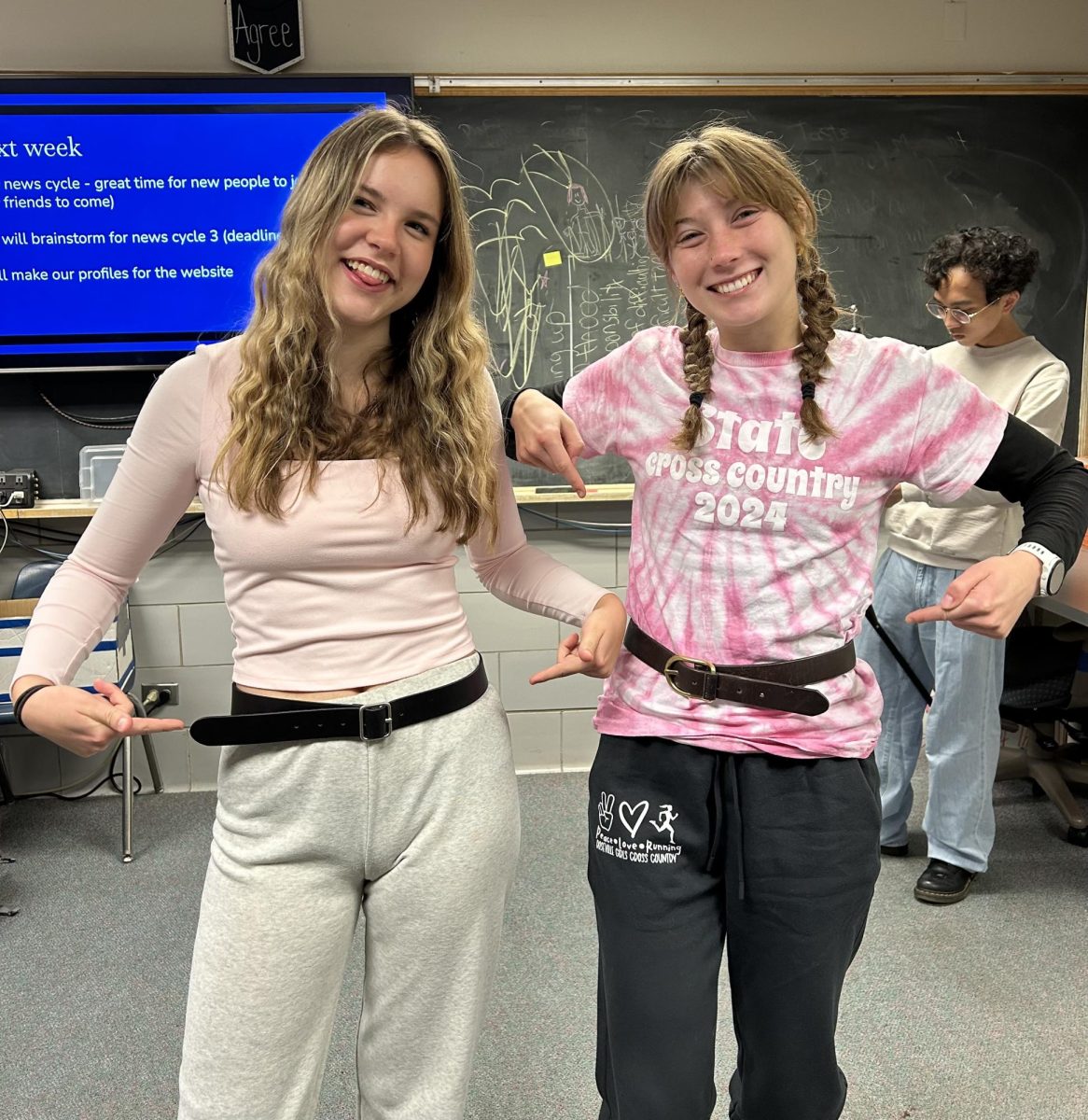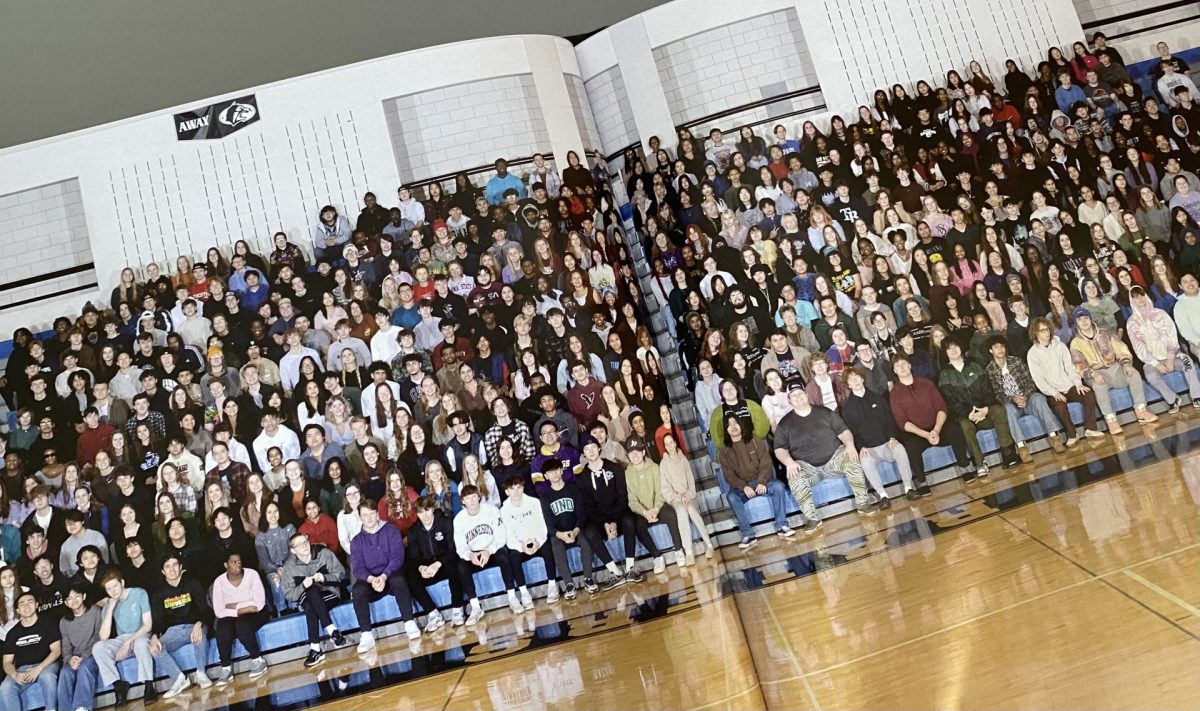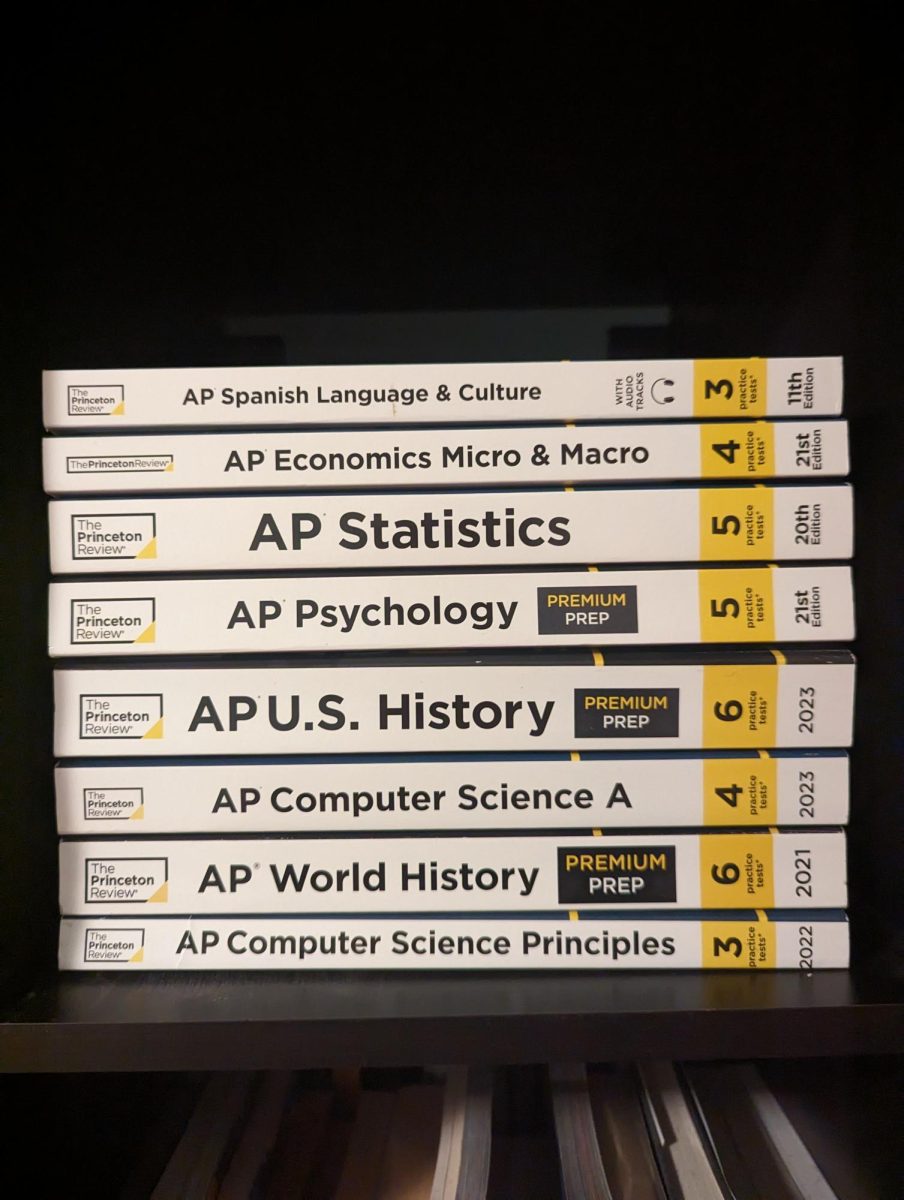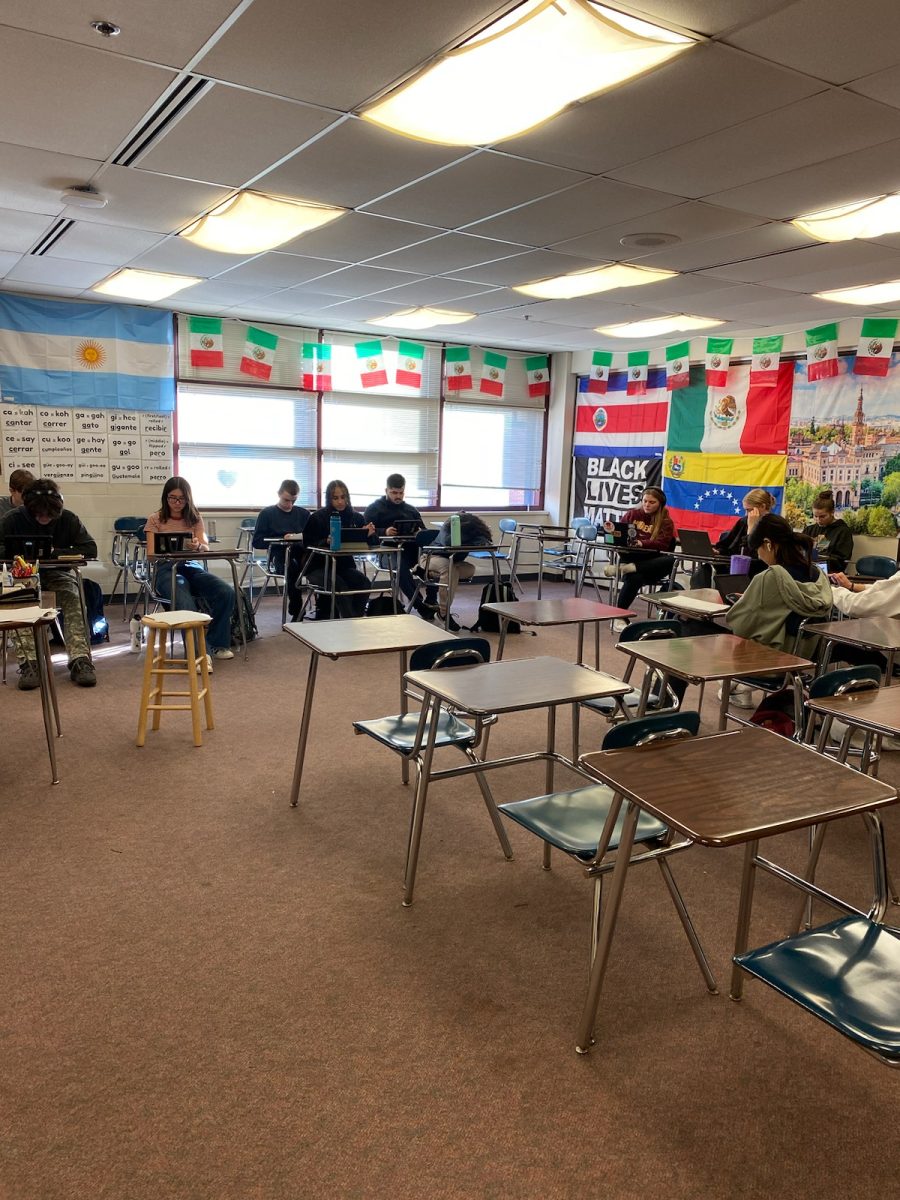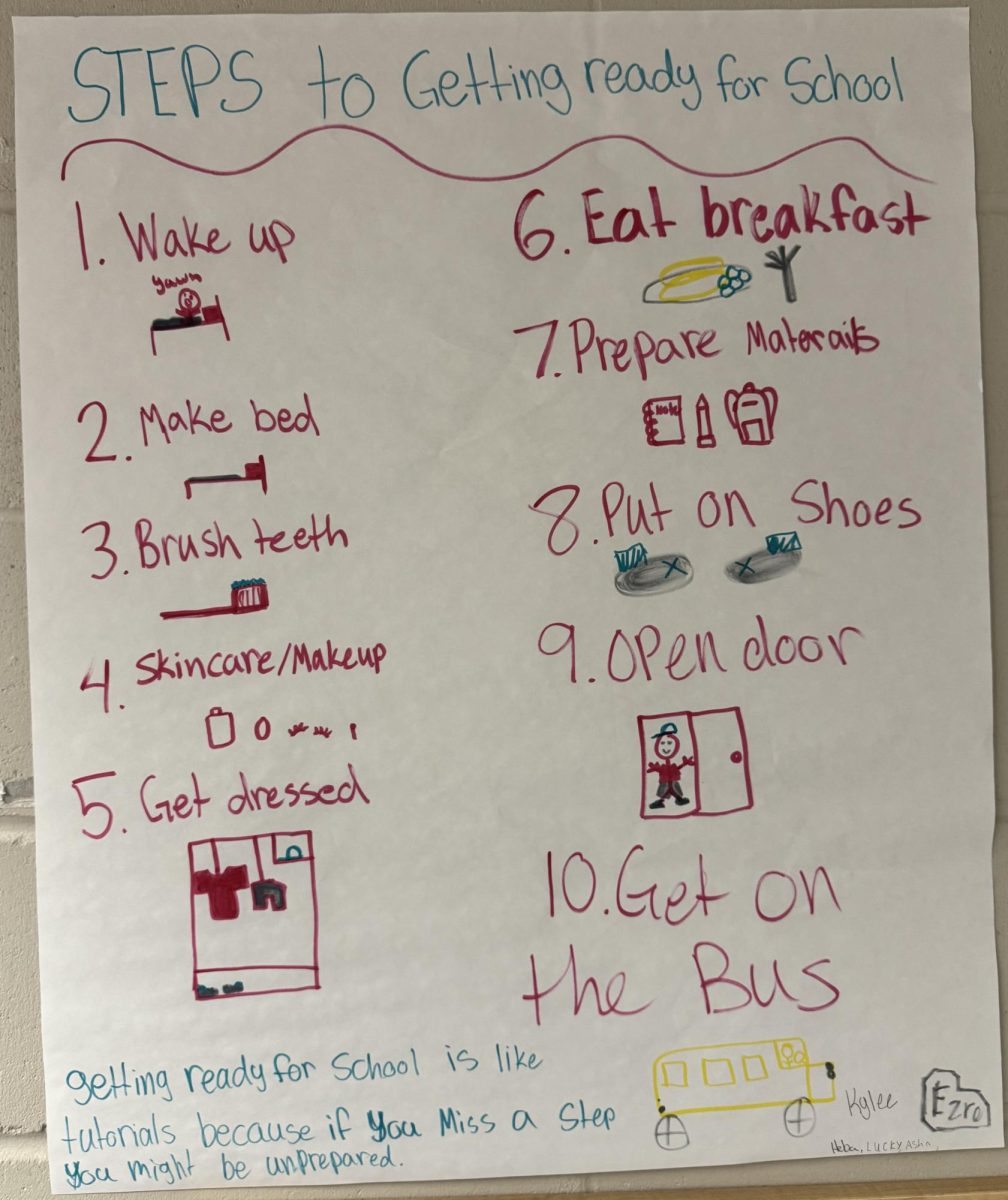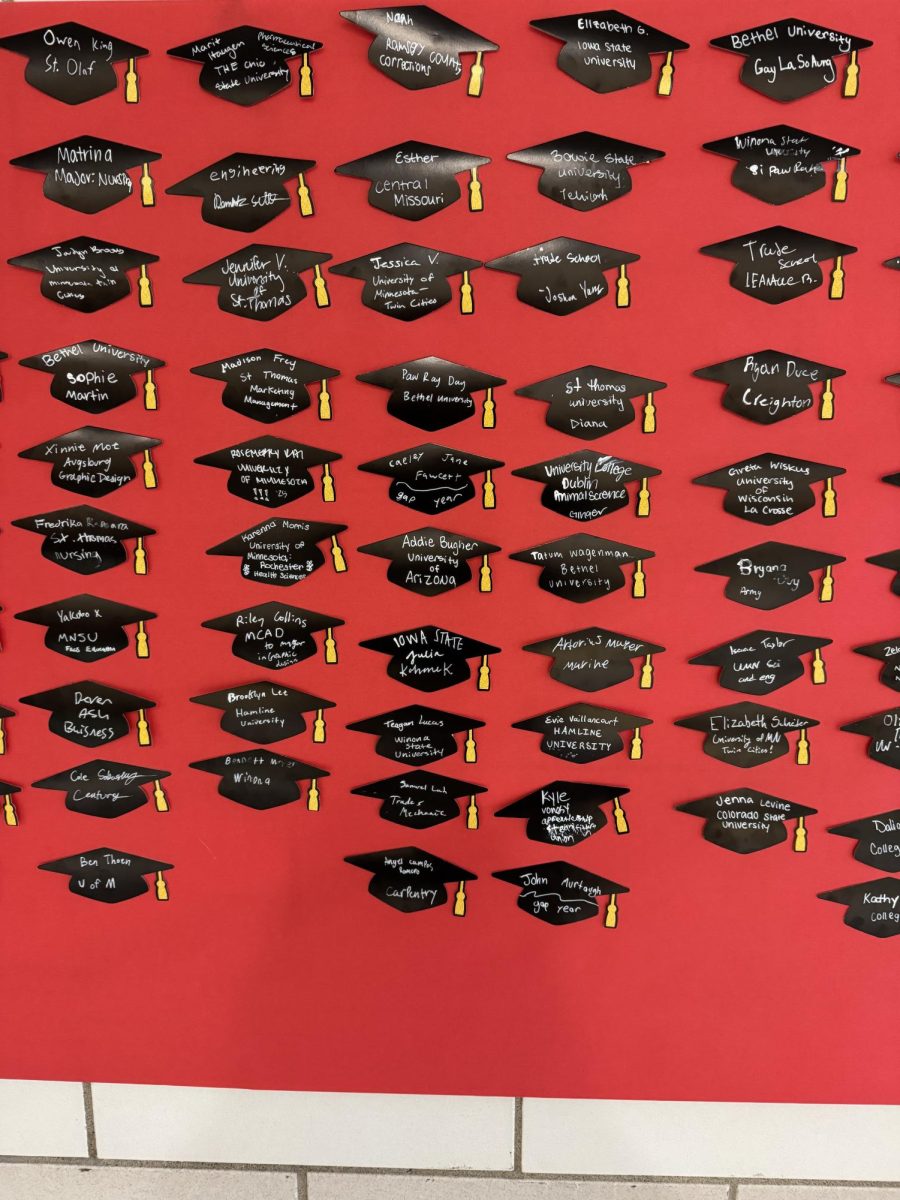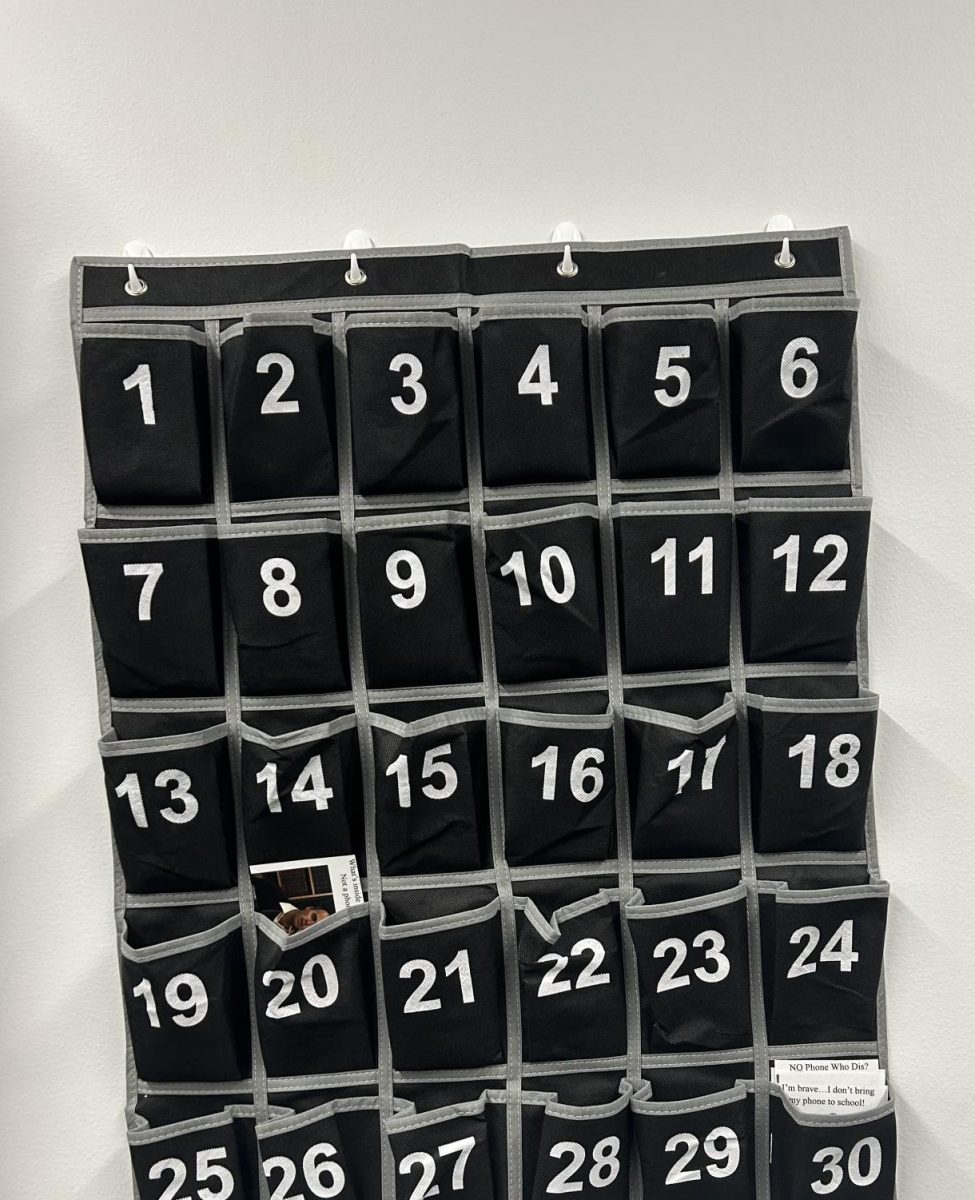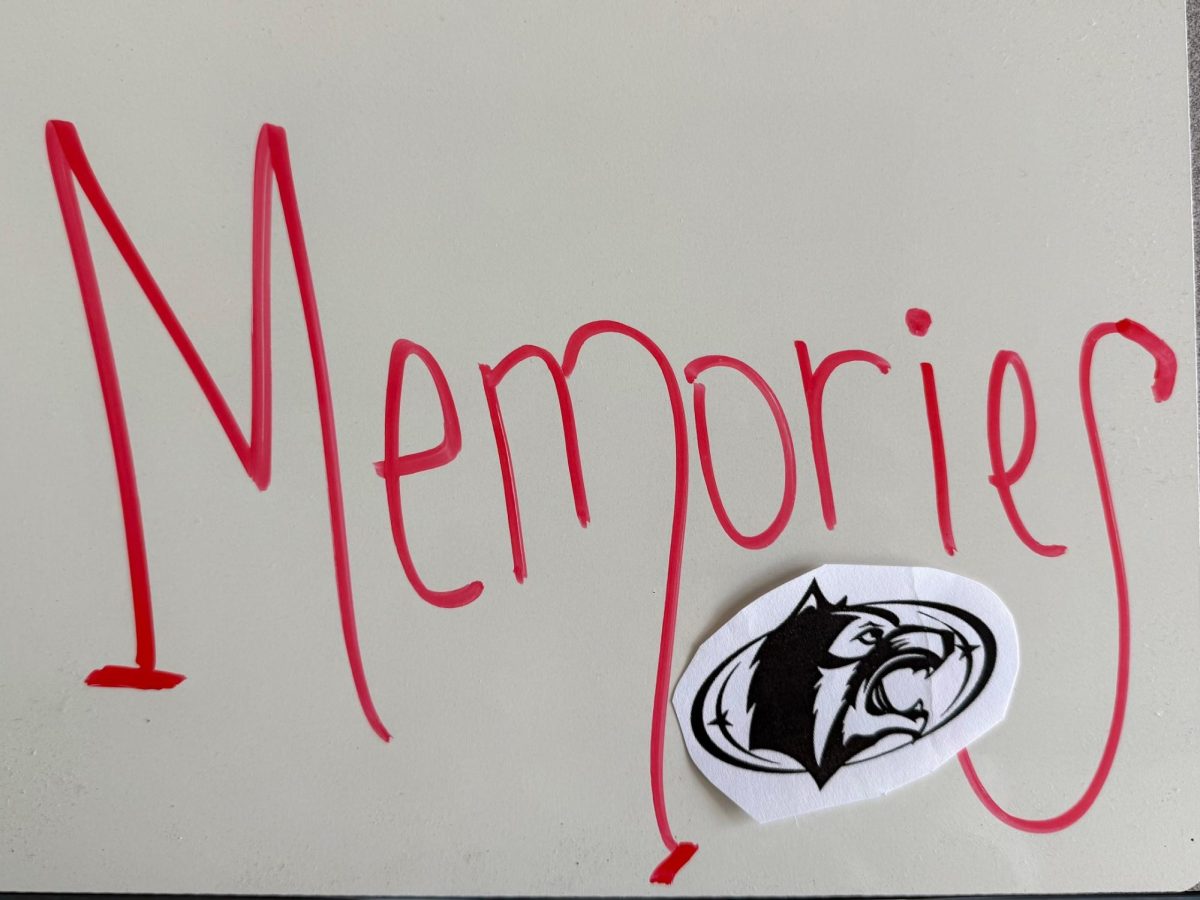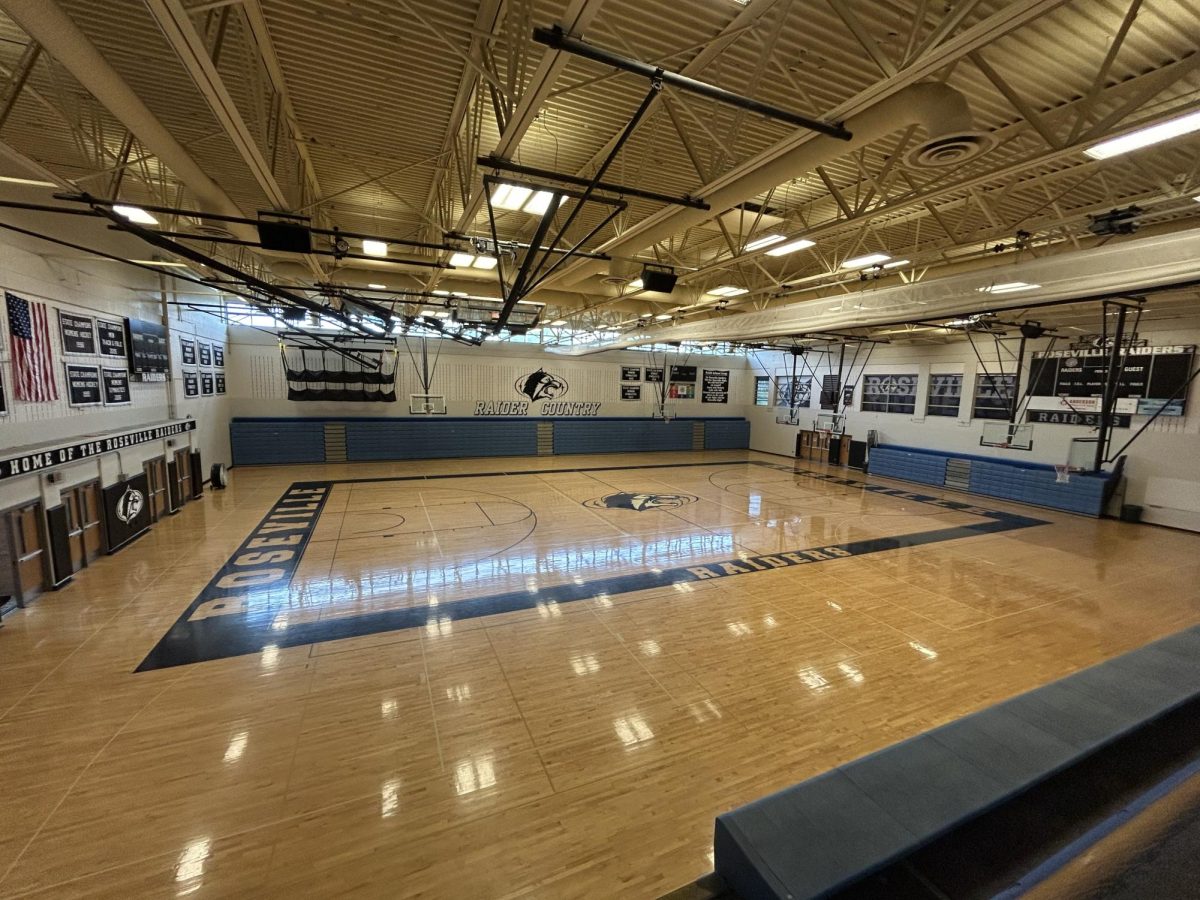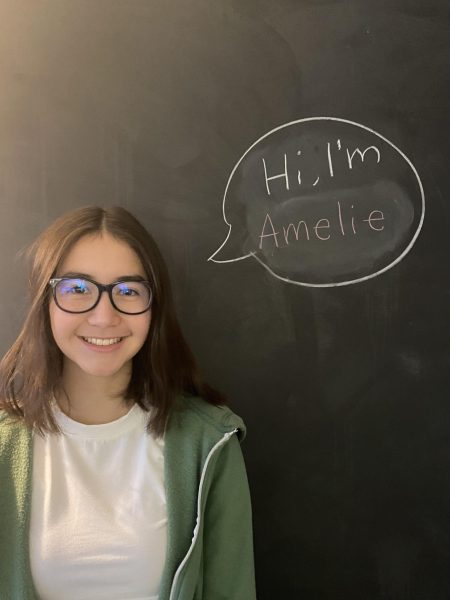As we register for our eighth grade classes, we all have the option to start taking a second language, usually Spanish or French. We are often told that colleges look for students who have taken two or more years of a foreign language. Besides that it looks good on a college resume, what are the benefits of being bilingual?
Taking foreign language classes can expand your horizons and give you new perspectives on the world. Danika Stiehl, a senior who spent 11 years at Yinghua Academy learning Mandarin Chinese, said that being in a language class “helped [her] learn more about a different culture and learn important communication skills.”
Sarah Webb, AP Spanish teacher at RAHS, said that when you add another language to your arsenal “you are really adding another way of seeing the world that comes with a new personality, a new perspective.”
Stiehl also said that knowing Chinese improved her ability “to problem solve” in situations when she doesn’t know a word in a language and has to work around it.
Scientific research backs up Stiehl’s experience—in a study conducted by Fordham University, bilingual children outperformed their monolingual peers in the area of social problem solving.
Furthermore, Camille Huntley, a junior who is in her 12th year of learning Spanish, mentioned that knowing Spanish “made [her] better in other classes,” perhaps through the patience and critical thinking skills gained while learning another language.
Speaking another language has given her something to find in common with students she otherwise may not have gotten to know. Huntley said, “language classes have helped me create a closer bond with my peers who also know Spanish.”
Webb has had similar experiences, saying that knowing Spanish gave her the “gift of friendship.”
Taking a language class in high school is one of the best ways for a student to expand their knowledge. Webb brings up that taking a foreign language course “gives [students] access to and perspective on people, places, and cultures that otherwise they would lose out on knowing.” For example, languages spoken in cold and snowy regions often have more words for snow. A research paper published by Trosmø University found that the Saami people, who live in northern Scandinavia, have over 175 words for snow. Learning another language makes people think harder about things they otherwise wouldn’t think about at all.
Not only is being bilingual beneficial for students’ academic abilities and social life, it also has its uses in the real world. Huntley said that she could see herself using Spanish in the future. She is passionate about traveling, and knowing Spanish will benefit her communication skills.
Knowing a second language opens up opportunities in the workforce too; Stiehl mentions “translating for work” as a way she would use Chinese.
Additionally, Huntley brings up that “people who are bilingual have a better chance at getting hired” as they have the ability to communicate with more people.
Data from LinkedIn shows that the demand for bilingual employees has more than doubled in the past five years.
At the end of the day, being bilingual comes with many benefits. Huntley recommends that every RAHS student attempts at least one year of a foreign language class and to give it their best effort. Stiehl recommends two, and Ms. Webb said students should take as many language classes as they possibly can.

